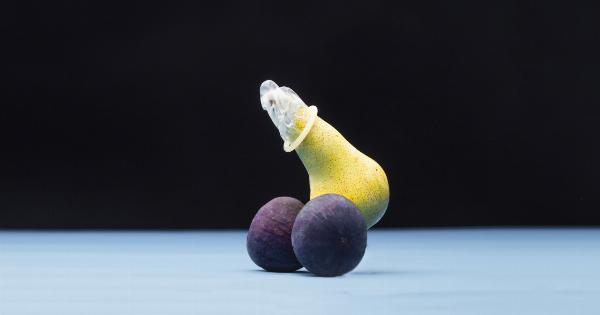For couples who are trying to conceive, it is important to know when the woman is ovulating. Ovulation is when the woman’s ovary releases an egg and it travels down the fallopian tube where it may be fertilized by sperm.
It is during the woman’s fertile window, which is the period leading up to and including ovulation, that she is most likely to get pregnant. Knowing when ovulation occurs can help increase the chances of conception and therefore, it is essential to determine your ovulation dates.
What is ovulation?
Ovulation is a process that occurs in a woman’s body each month. It is when the ovary releases an egg into the fallopian tube, which is where fertilization occurs.
Ovulation is a crucial part of the menstrual cycle as it is the only time during which a woman can get pregnant.
Ovulation usually occurs around day 14 of a 28-day menstrual cycle. However, the timing of ovulation can vary greatly from woman to woman.
How to determine your ovulation dates?
There are several methods to determine your ovulation dates:.
Ovulation predictor kits
Ovulation predictor kits are available at most pharmacies. They are similar in appearance to a pregnancy test and work by detecting the luteinizing hormone (LH) in your urine.
LH levels increase significantly around the time of ovulation, signaling that an egg is about to be released.
To use an ovulation predictor kit, you simply have to pee on the stick and wait for the results. If the test line is darker than the control line, it means that your LH levels are surging, and you are likely about to ovulate.
It is recommended to perform the test at the same time every day for 7-10 days leading up to your expected ovulation date.
Basal body temperature
Basal body temperature (BBT) is the temperature of your body at rest. It is usually measured in the morning before getting out of bed. Throughout your menstrual cycle, your BBT can vary slightly.
However, in the days leading up to ovulation, your BBT will rise slightly and then dip slightly just before ovulation. After ovulation has occurred, your BBT will stay elevated.
To track your basal body temperature, you will need a basal thermometer, which can be purchased at most pharmacies. Take your temperature first thing in the morning, before getting out of bed, and record it.
You can use a fertility chart or app to track your BBT over time.
Cervical mucus changes
Another way to determine when you are ovulating is to track your cervical mucus changes. Cervical mucus is the fluid produced by the cervix, which changes throughout your menstrual cycle.
During the time leading up to ovulation, your cervical mucus will become thin, stretchy, and clear – similar to raw egg whites. This is called fertile cervical mucus and is designed to help sperm reach the egg.
To track your cervical mucus changes, you should check your cervical mucus daily. After using the bathroom, wipe front to back and then examine the mucus on the toilet paper. Record your observations.
Factors that can affect ovulation dates
While ovulation usually occurs around day 14 of a 28-day menstrual cycle, there are several reasons why it might not follow this schedule.
Stress
Stress can affect the body’s hormones, which can disrupt the menstrual cycle and cause ovulation to occur earlier or later than expected.
Illness
Illness can also disrupt the menstrual cycle and affect ovulation. If you have a fever or other illness, your ovulation may be delayed or skipped altogether.
Weight
Weight can also affect ovulation. Women who are underweight or overweight may experience irregular menstrual cycles, which can make it more difficult to determine when ovulation will occur.
Birth control
Women who are using some form of hormonal birth control may not ovulate at all. It is important to stop using birth control if you want to conceive and allow your body to return to its natural hormonal state.
Aging
As women age, their hormones change, and ovulation may become less regular. Women over the age of 35 may experience a decline in fertility.
Conclusion
Determining your ovulation dates is important if you are trying to conceive. There are several ways to track ovulation, including ovulation predictor kits, monitoring basal body temperature, and tracking cervical mucus changes.
Remember that several factors can affect ovulation, so it is essential to pay attention to your body and track any changes in your menstrual cycle.





























